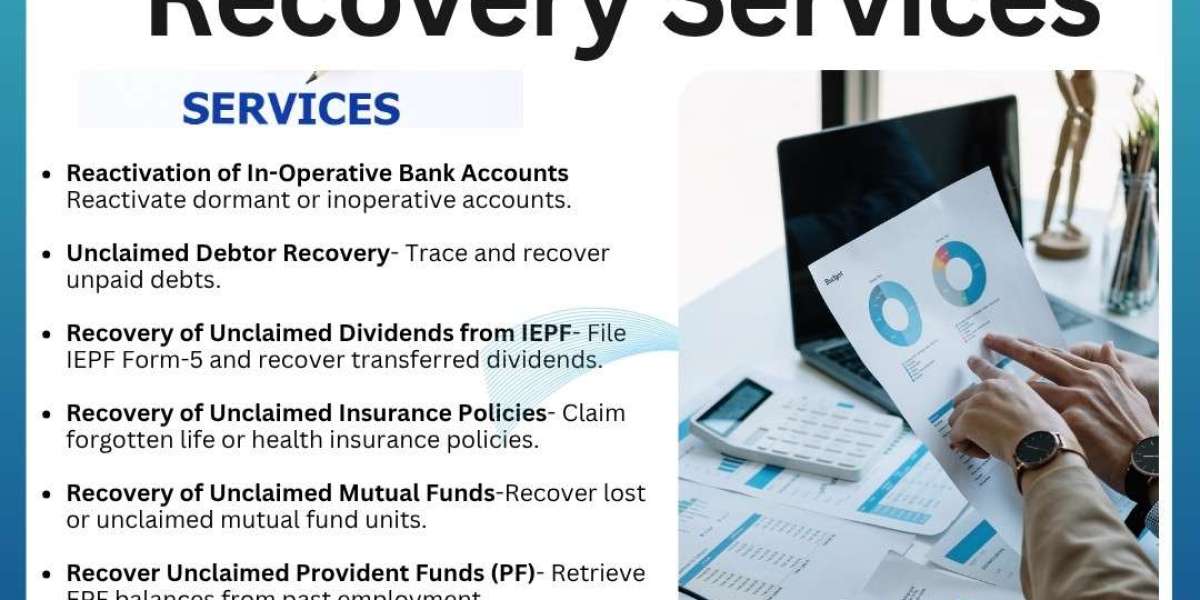Whether it's bank deposits, insurance claims, shares, or property, having the right documentation in place is essential for a hassle-free transfer. Here's a breakdown of the four key legal instruments involved in estate settlement in India:
1. Legal Heir Certificate
A Legal Heir Certificate is issued to identify the rightful successors of a deceased individual. This document is crucial for transferring assets such as property, pensions, and insurance claims. It names all surviving legal heirs and helps establish their relationship with the deceased. It’s often required by government offices, financial institutions, and insurance companies.
Key Uses:
Transfer of property and utility services
Bank account and fixed deposit claims
Employment benefits or pension of the deceased
2. Letter of Administration
When a person dies intestate (without a will), the court can issue a Letter of Administration to an eligible legal heir. This document gives legal authority to manage, settle, and distribute the estate of the deceased. It’s essential when the deceased person leaves behind significant assets but no formal will.
When Required:
Absence of a valid will
Disputes between heirs
Management of high-value estates
3. Probate of a Will
Probate is the legal process of authenticating a deceased person's will. It certifies that the will was properly executed and that the executor is legally empowered to carry out the deceased’s last wishes. Probate of a will is especially necessary when the estate includes immovable property in metro cities like Mumbai, Chennai, or Kolkata.
Importance of Probate:
Validates the authenticity of a will
Allows executors to act on behalf of the deceased
Prevents future disputes over inheritance
4. Succession Certificate
A Succession Certificate is issued by a civil court to the legal heirs of a deceased person for claiming movable assets such as bank balances, mutual funds, shares, and securities. It provides proof of entitlement and allows the heirs to access and manage the financial assets of the deceased.
Required For:
Transfer of bank balances and fixed deposits
Claiming shares and dividends
Settling outstanding debts and dues
Conclusion
Managing legal formalities after the loss of a loved one can be overwhelming. However, with the correct legal documents like the Legal Heir Certificate, Succession Certificate, Letter of Administration, or Probate, the process becomes more structured and secure. These instruments not only validate your claim but also protect your rights and prevent future disputes. If you're unsure which certificate applies to your situation, consider consulting professionals who specialize in inheritance and asset recovery.
FAQs
Q1. What is the difference between a Legal Heir Certificate and a Succession Certificate?
A Legal Heir Certificate establishes the heirs of a deceased person and is mostly used for property and pension claims. A Succession Certificate is used specifically for claiming movable financial assets like bank deposits and shares.
Q2. Is probate necessary for all wills?
No, probate is only required when mandated by state law (mostly in metro cities) or when the property value is high or there’s a potential for dispute.
Q3. How long does it take to obtain a Letter of Administration?
Depending on the jurisdiction and complexity of the case, it may take 3 to 6 months, including notice and verification periods.
Q4. Who can apply for a Succession Certificate?
Any legal heir of the deceased can apply, usually the spouse, children, or parents.
Q5. Do I need all four documents?
Not necessarily. The required certificate depends on whether there is a will, the type of assets involved, and the applicable state law.
Author - Mahima Singh
IEPF Specialist & Financial Legal Advisor







